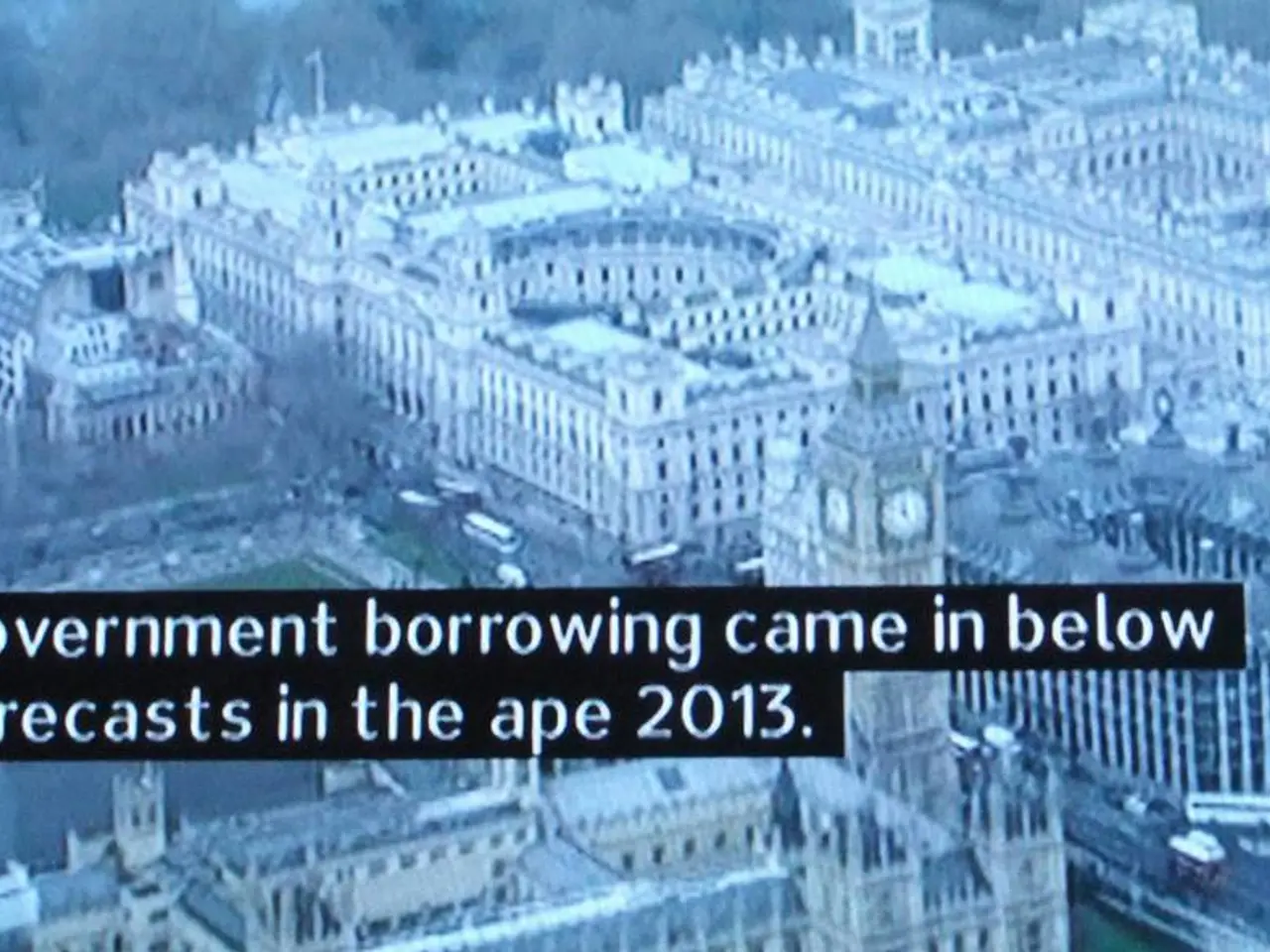Summary of Events: Weekly Recap of Notable occurrences
In the realm of Environmental, Social, and Governance (ESG) practices, 2025 has seen significant strides and advancements across various sectors. This year, carbon credits, carbon removal deals, sustainability reporting standards, and government regulations have all been at the forefront of ESG developments.
**1. Carbon Credits and Carbon Removal Deals**
The Paris Agreement crediting mechanism (PACM) is progressing with the proposal of two new draft standards aimed at enhancing the integrity of carbon credits. These standards, expected to be approved by the end of 2025, will strengthen the carbon market's reliability and transparency by estimating baseline emissions and measuring leakage.
The Voluntary Carbon Markets Integrity Initiative (VCMII) has also published a code of practice for Scope 3 GHG emissions, providing practical high-integrity solutions for businesses tackling indirect emissions. Leading financial institutions, such as JPMorgan, are innovating in carbon credit trading technologies, with blockchain tokenization for carbon credits improving transparency and liquidity in the market.
**2. Sustainability Reporting Standards**
The International Sustainability Standards Board (ISSB) standards are gaining rapid adoption globally, with 36 jurisdictions now incorporating or planning to incorporate these standards into their regulatory frameworks. The ISSB has also issued an exposure draft amending the IFRS S2 (Climate-related Disclosures) to ease the burden on companies by reducing complexity and duplication in GHG emissions reporting.
The Taskforce on Nature-related Financial Disclosures (TNFD) and emerging EU biodiversity disclosure requirements are driving increased attention on nature and biodiversity within ESG investing.
**3. Government Regulations and Policy Trends**
Policy landscapes remain mixed, with some jurisdictions advancing more stringent ESG and climate-related disclosure requirements, while others are reassessing their regulations. For example, the U.S. Environmental Protection Agency (EPA) has proposed rolling back regulations that curb greenhouse gas emissions from fossil fuel plants, citing concerns about energy costs and grid reliability.
Conversely, international and regional authorities are advancing more stringent ESG and climate-related disclosure requirements, with alignment on global standards like the ISSB gaining momentum. The Canadian Securities Administrators has paused new mandatory corporate climate reporting rules, reflecting some regulatory uncertainty or reassessment in certain markets.
**4. Emerging ESG Investing Themes**
Sustainable investment is increasingly focused on climate adaptation and resilience infrastructure, nature and biodiversity conservation, electrification and clean energy transition, efficiency and circular economy approaches, and emerging technologies like green hydrogen, carbon capture and storage, and advanced batteries.
In summary, ESG in 2025 is characterized by strengthening global sustainability reporting standards (notably ISSB adoption), advancing carbon credit mechanisms with improved integrity, cautious regulatory shifts varying by jurisdiction, and evolving investment themes focusing on nature, resilience, clean energy, and technological innovation.
[1] https://www.ifrs.org/news-and-events/press-releases/2025/ifrs-foundation-announces-new-sustainability-standards-board/ [2] https://www.vcmii.org/code-of-practice-for-scope-3-ghg-emissions/ [3] https://www.ifrs.org/news-and-events/press-releases/2025/ifrs-sustainability-disclosure-standards-exposure-draft/ [4] https://www.tnfd.org/ [5] Various news articles on specific ESG developments in 2025.
- The fashion-and-beauty industry, recognizing its impact on climate-change and environmental-science, is committing to more sustainable practices. Brands are investing in eco-friendly materials, reducing waste, and promoting circular economy principles, driving a shift towards environmental-friendly fashion and products.
- In the food-and-drink sector, there is growing interest in plant-based alternatives, carbon-neutral farming, and reducing food waste. Companies like Beyond Meat and Impossible Foods are expanding their product range, while governments are offering incentives for sustainable agriculture practices.
- As consumers become more environmentally-conscious, travel companies are adopting more sustainable practices. This includes supporting carbon-offsetting programs, promoting eco-friendly accommodations, and offering responsible wildlife and conservation tours. Online platforms for shopping, such as Amazon, are also implementing recycling programs and partnering with environmentally-friendly brands, promoting greener lifestyles. Real-estate developers are focusing on energy-efficient buildings and smart-city planning, incorporating technology to reduce environmental impact and increase sustainability.




